Rwanda to Showcase Ambitious Climate Action at COP30 in Belém, Brazil
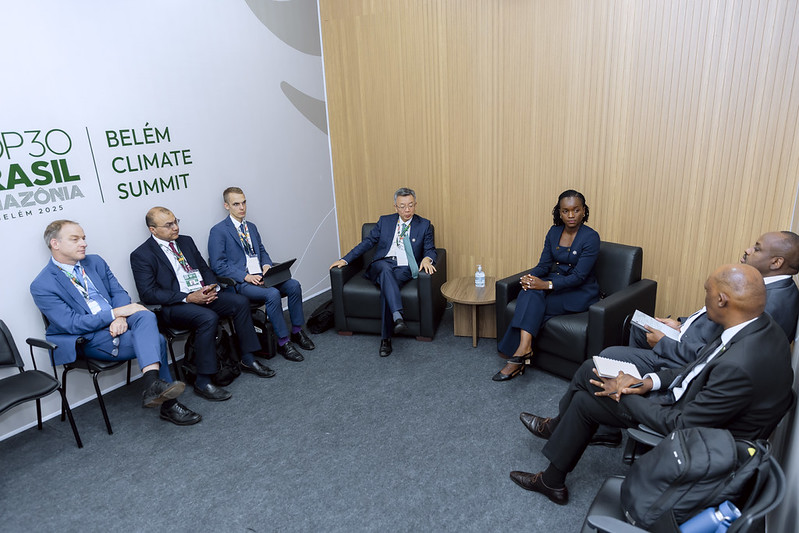
As global attention turns to the Amazon basin this November, Rwanda is stepping into the spotlight with a robust framework of climate commitments and investments at the upcoming 2025 United Nations Climate Change Conference (COP30). From 10 to 21 November 2025, world leaders, negotiators and stakeholders will gather in Belém, Brazil, to coordinate efforts aimed at averting the most catastrophic consequences of climate change.
Rwanda’s delegation, led by the country’s Minister of Environment, Dr. Bernadette Arakwiye, will use the global platform to present its updated national climate strategy, both as a demonstration of national resolve and as a signal to partners and investors that Rwanda is ready to translate ambition into action.
“Rwanda goes to COP30 ready to demonstrate how national leadership and innovation can translate global ambition into tangible results. Through our new Climate Action Plan, Climate and Nature Finance Strategy, and the Rwanda Country Platform for Climate and Development, we are building a resilient, low-carbon economy that safeguards people and our planet.” stated Dr. Bernadette Arakwiye, Minister of Environment.
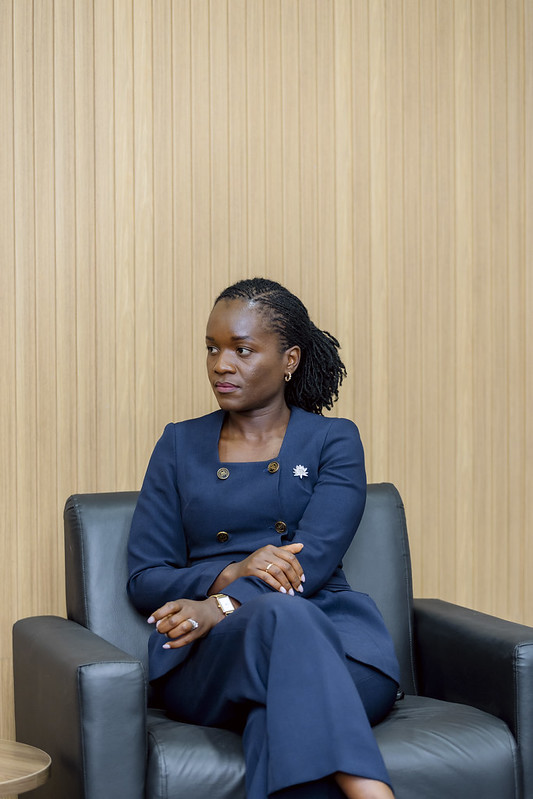
What is COP30 and why does it matter?
The annual “Conference of the Parties” (COP) convened under the United Nations Framework Convention on Climate Change (UNFCCC) brings together nearly every country on Earth to discuss and negotiate solutions to climate change.
For 2025, the 30th session (COP30) will be held in Belém, in Brazil’s Amazon region, underscoring both the urgency of forest protection and the broader climate-nature nexus.
Major agenda items include: narrowing the gap to the 1.5 °C warming threshold, scaling up adaptation and resilience funding, integrating nature-positive investments, and advancing carbon-market mechanisms and transparency frameworks.
Rwanda’s Agenda at a Glance
At COP30, Rwanda will:
•Present its updated Climate Action Plan (“NDC 3.0”), which sets out ambitious, measurable targets for mitigation and adaptation through 2035.
•Launch the “Rwanda Country Platform for Climate and Development,” a government-led mechanism to mobilise, align, and coordinate public and private investment in support of its NDC 3.0 and broader development goals.
•In partnership with United Nations Development Programme (UNDP), launch a new “Biodiversity Window” hosted at the Rwanda Green Fund as a dedicated financing mechanism to support nature-positive investment, ecosystem restoration, and community-based conservation.
•Demonstrate Rwanda’s progress in implementing the Enhanced Transparency Framework under the Paris Agreement.
•Advance Rwanda’s position in global negotiations on items including the implementation of different carbon market mechanisms under Article 6 of the Paris Agreement; and modalities of availing USD 300 billion as the New Collective Quantified Goal on Climate Finance.
Negotiation and Finance Fronts
For Rwanda, participation at COP30 is about more than signalling, it is about shaping the global climate finance architecture in ways that deliver for developing countries and small states. As Rwanda’s Lead Negotiator, Faustin Munyazikwiye (Deputy Director General of the Rwanda Environment Management Authority) says:
“This year’s COP will be critical for defining how global finance supports climate action on the ground. Rwanda will advocate for a transparent and equitable finance goal that ensures predictable funding for adaptation and loss and damage, while strengthening the integrity of carbon markets.”
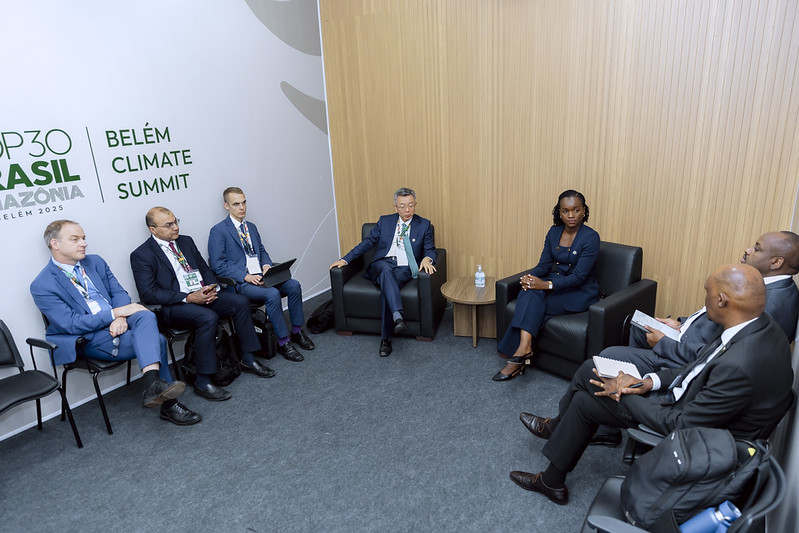
This focus aligns with the broader global debate. At COP30, negotiators are expected to flesh out the so-called New Collective Quantified Goal (NCQG) of mobilising perhaps USD 1.3 trillion per year for climate action in developing countries, by 2035.
Why Rwanda’s Role Matters
Rwanda’s presence at COP30 offers an example of a country that is proactively aligning its climate, nature and development agendas. The launch of the Country Platform for Climate and Development underscores the view that climate action must be integrated into broader national development strategies, not treated as an add-on. The Biodiversity Window signals Rwanda’s recognition of the interdependence of ecosystems, communities and climate resilience.
By emphasising transparency and carbon-market integrity, Rwanda is positioning itself among the voices pushing for accountability and fairness in the global climate regime, especially critical as the international community debates how finance and markets should serve those most vulnerable.
Looking Ahead
With COP30 set in the heart of the Amazon and under heightened scrutiny for its scale and ambition, Rwanda’s contribution adds to the diversity of perspectives, from forest-rich countries to small portfolio nations, shaping global climate governance. The outcomes of COP30 could determine how quickly the world transitions from ambition to implementation.
For Rwanda, the stakes are clear: the next decade will test whether its bold targets, investment frameworks and platforms can be matched with resources, partnerships and delivery. The world will be watching both in Belém and beyond.
Trending Now
Hot Topics
Related Articles
Worm Tea: A Natural Path to Farming Without Harmful Chemicals
For much of his early farming life, Isaac Mubashankwaya believed chemical fertilizers...
Enroll Now Before 31 December 2025: International German Language Exams Launch in Rwanda
Rwanda will host the European Consortium for the Certificate of Attainment in...
Rwanda Validates Environment and Climate Change Mainstreaming Strategy 2024–2029
This Tuesday, 23 December 2025, the Rwanda Environment Management Authority (REMA), in...
Rwanda Opens New Doors with International German Language Certification
Rwanda has taken a significant step in expanding access to global education...


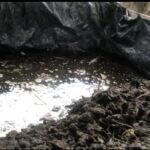

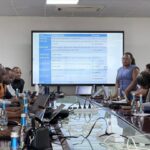
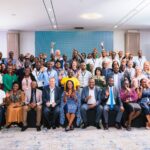
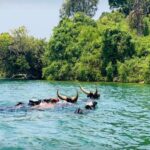



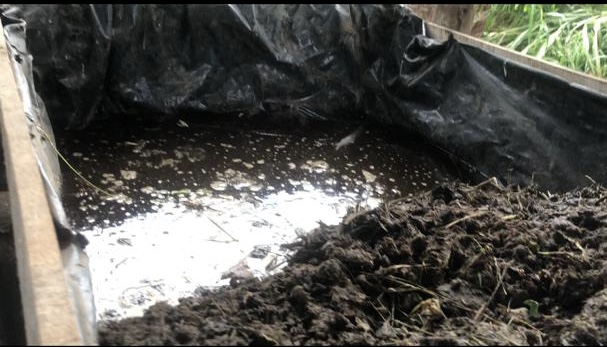
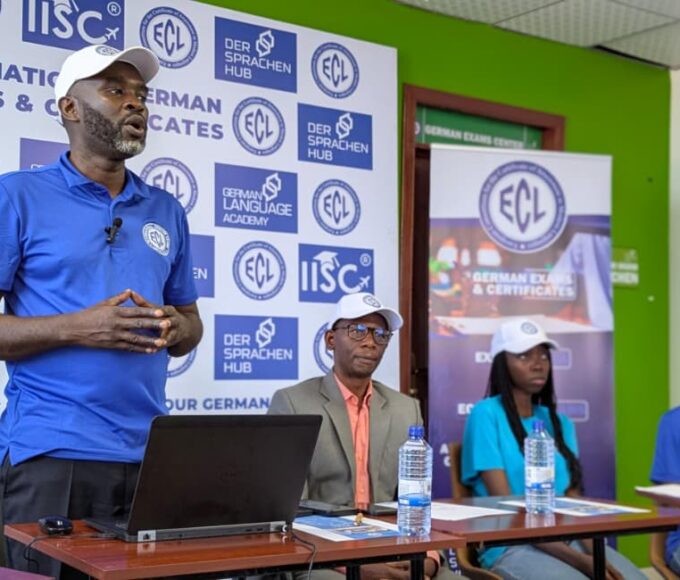
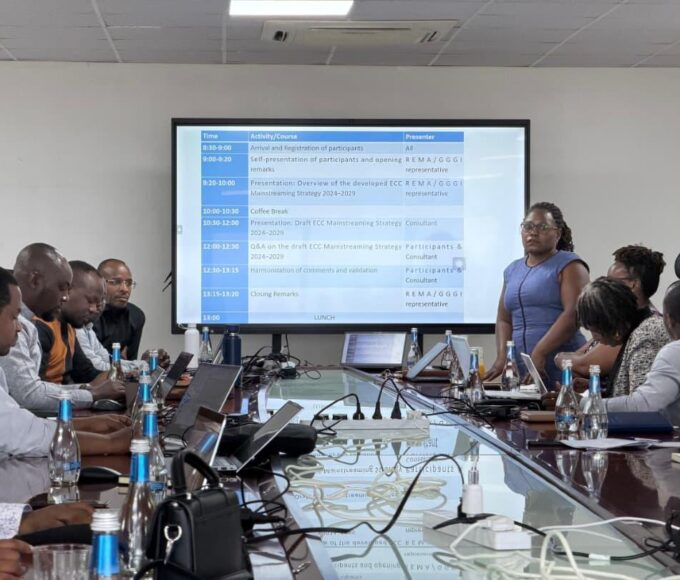
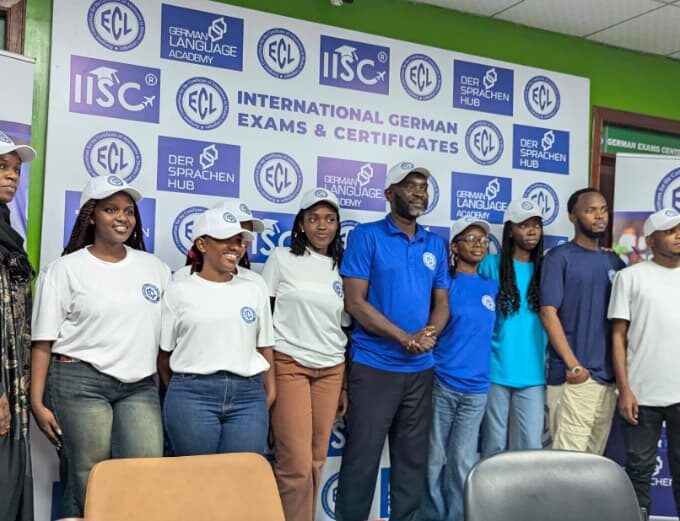
Leave a comment